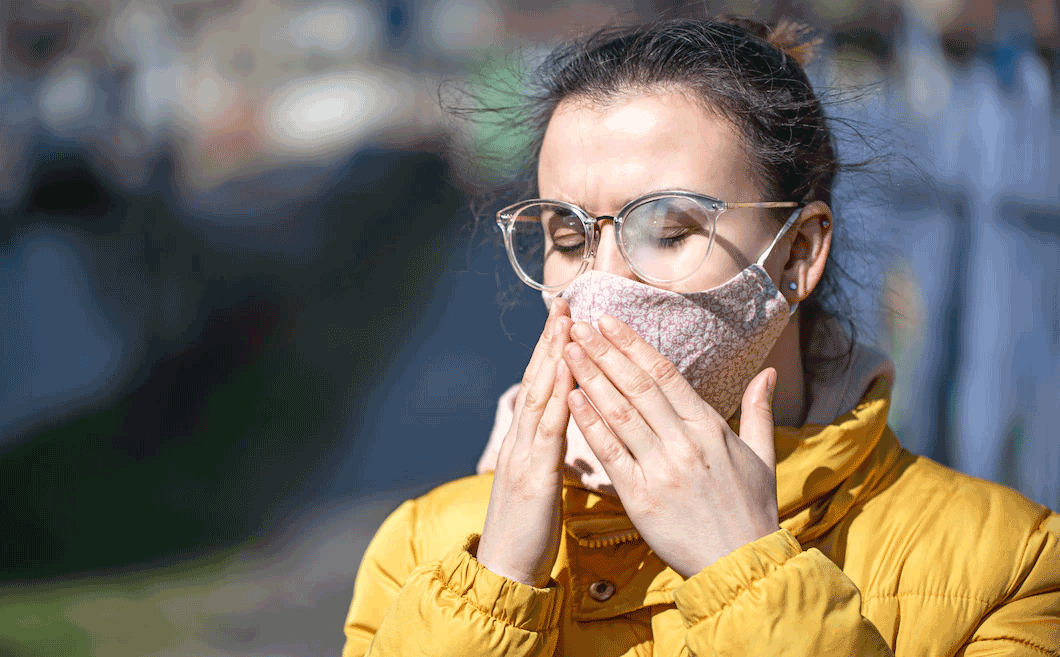Severe Allergic Reactions(Anaphylaxis)

Severe Allergic Reactions
Anaphylaxis is a serious allergic reaction that comes on rapidly and may even cause death. It typically causes more than one of the following: an itchy rash, throat or tongue swelling, shortness of breath, vomiting, lightheadedness, or low blood pressure. It occurs most often in young people and females, but anyone could be at risk. Carrying an epinephrine autoinjector and identification regarding the condition is recommended in people with a history of anaphylaxis.
FAQs about Anaphylaxis
Severe allergic reactions, or anaphylaxis, can be life-threatening and require immediate medical attention. Anaphylaxis can occur in response to various allergens, including food, medication, insect venom, and latex. Here are some frequently asked questions (FAQs) about severe allergic reactions:
